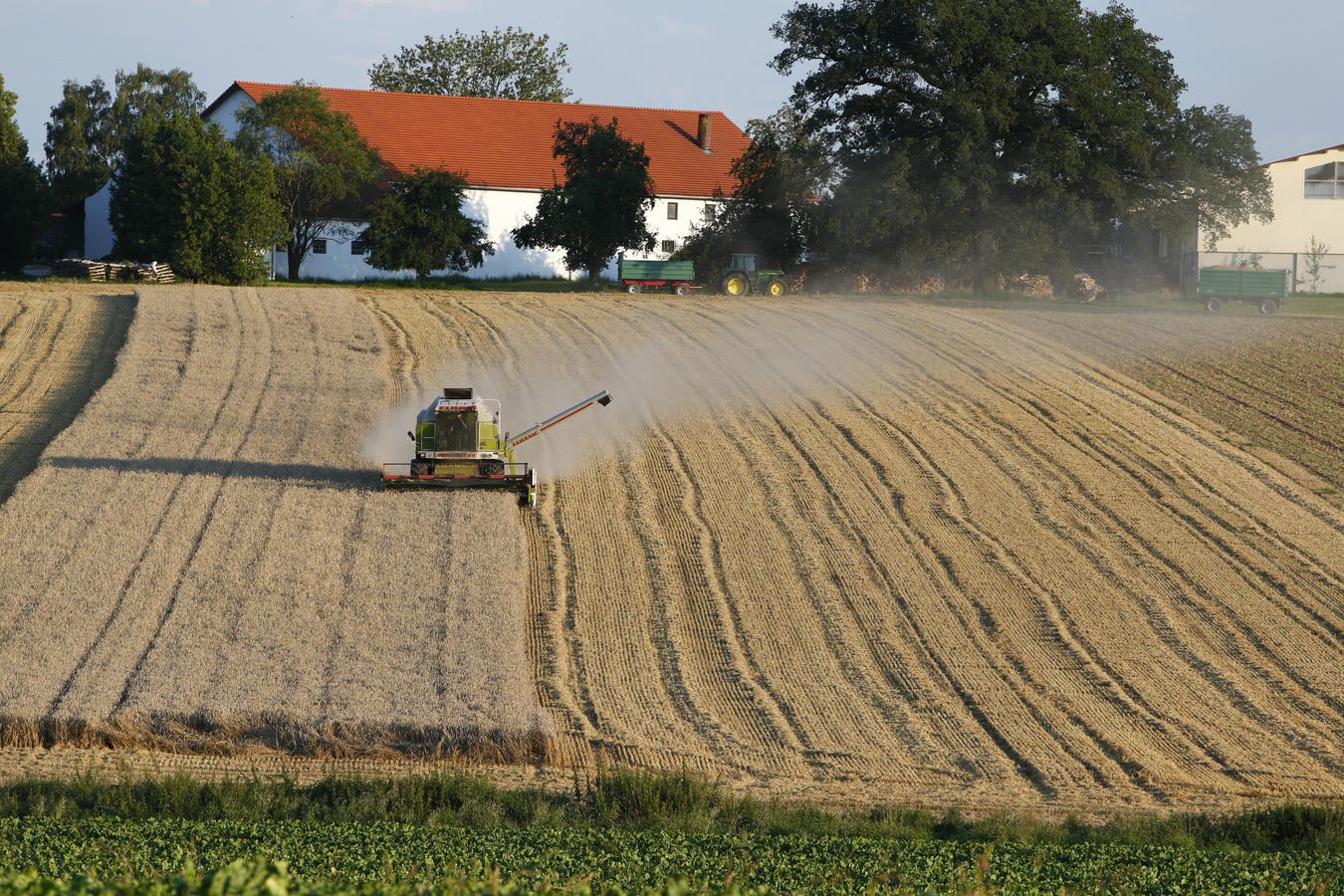Previously I have written about the importance of the healthcare and resource transformation sectors to the 17 Sustainable Development Goals (SDGs). The underlying data for that blog are based on a paper “The Relationship Between Investor Materiality and the Sustainable Development Goals: A Methodological Framework” that I wrote with Professors Gianni Betti and Costanza Consolandi of the University of Siena. A summary of our methodology is provided in my healthcare post. In brief, we mapped the material environmental, social, and governance (ESG) issues in all 79 industries organized into 10 sectors, developed by the Sustainability Accounting Standards Board (SASB), to the 169 targets of the SDGs. SASB has identified the material ESG issues for each industry that are important to shareholders in terms of value creation. Mapping these issues to the SDGs’ targets enabled us to assess how each industry is creating value for society. For this we created an index that ranges from 0 to 100.
In this post I will analyze the importance of the Food & Beverage sector. It’s overall score is 36.0, compared to 32.6 for Healthcare and 28.4 for Resource Transformation, making it the sector with the highest score. There is substantial variation in this sector comprised of eight industries: Agricultural Products (49.0); Food Retailers & Distributors (46.8); Meat, Poultry, & Dairy (45.3); Restaurants (39.4); Processed Foods (36.2); Non-alcoholic Beverages (32.0); Alcoholic Beverages (31.5); and Tobacco (7.9) [one of the lowest of all 79 industries]. For the sector as a whole, the SDGs on which it can have the most impact are #4 (Quality Education-57.8) and #2 (Zero Hunger-57.5), both of which are social issues but affected by environmental factors. This sector also has significant impact on SDGs #3 (Good Health and Well-Being-43.1), #6 (Clean Water and Sanitation-41.6), #12 (Responsible Consumption and Production-46.8), #13 (Climate Action-45.8), #14 (Life Below Water-46.2), and #15 (Life On Land-45.7) where #s 6, 13, 14, and 15 are primarily environmental issues, although heavily influenced by social factors. Its least impact is on #10 (Reduced Inequalities-16.5) and #16 (Peace, Justice and Strong Institutions-16.3), both of which are social issues.
The SDGs where the Agricultural Products industry (49.0) has the most impact are #2 (Zero Hunger-85.0) and # 13 (Climate Action-77.9). The first is obvious and the second is due to the environmental impacts of this industry. There are five targets for #2 and this industry affects all of them, especially 2.3 (By 2030, double the agricultural productivity and incomes of small-scale food producers), 2.4 (By 2030, ensure sustainable food production systems and implement resilient agricultural practices that increase productivity and production), and 2.5 (By 2020, maintain the genetic diversity of seeds, cultivated plants and farmed and domesticated animals and their related wild species)—all at 100.0. Climate Action has only three targets, but this industry impacts 13.1 (Strengthen resilience and adaptive capacity to climate-related hazards and natural disasters in all countries-85.7) and 13.2 (Integrate climate change measures into national policies, strategies and planning-50.0). The scores for #7 (Affordable and Clean Energy), #12, #14, and #15 are all between 60.0 and 65.0. This industry has its least impact on #10 (13.7).

Cows stand in a barn at the Mount Kolb dairy farm in Caledon, Ontario, Canada, on Wednesday, Nov. 18, 2015. While the 12-nation Trans-Pacific Partnership trade accord may benefit North American grain and meat exporters, Canadian dairy farmers are crying over lost domestic milk revenue that will go to foreigners. Other nations pushed Canada to increase access to its dairy, poultry and egg sectors, where production is controlled through quotas and imports are restricted with tariffs under a system known as supply management. Photographer: James MacDonald/Bloomberg
There are similarities and differences between Agricultural Products and Food Retailers & Distributors (46.8). SDGs #12 (58.6), #13 (55.6), and #15 (53.7) are important for both, although more important for the former and the latter, reflecting differences in the potential impact of their respective production processes. The SDGs for which Food Retailers & Distributors has the most impact are #1 (No Poverty-63.6), #3 (Good Health and Well-Being-64.7), and #4 (Quality Education-75.0). The fact that none of these are important for Agricultural Products shows that significant variation exists across industries. The more labor intensive Food Retailers & Distributors industry impacts all five targets in #1 (especially 1.1 – By 2030, eradicate extreme poverty for all people everywhere, currently measured as people living on less than $1.25 a day and 1.2 – By 2030, reduce at least by half the proportion of men, women and children of all ages living in poverty in all its dimensions according to national definitions, both at 100.0). It impacts seven of the nine targets in #3 (all at 60.0 or above) and with 3.3 (By 2030, end the epidemics of AIDS, tuberculosis, malaria and neglected tropical diseases and combat hepatitis, water-borne diseases and other communicable diseases) at 100.0. There are nine SASB issues which are material for this industry that affect these targets in the categories of environment (energy management, fuel management, and waste and hazardous materials management), social capital (customer welfare, fair disclosure and labeling, fair marketing and labeling), human capital (labor relations and fair labor practices), and business model and innovation (product quality and safety). Finally, this industry impacts four of the seven targets in #4 with 4.5 (By 2030, eliminate gender disparities in education and ensure equal access to all levels of education), where the relevant SASB issues are customer welfare and fair marketing, and 4.7 (By 2030, ensure that all learners acquire the knowledge and skills needed to promote sustainable development), where the relevant SASB issue is fair marketing, both scoring 100. The SDG for which this industry has the least impact is #11 (Sustainable Cities and Communities-15.8).
SUBSCRIBE TO OUR NEWSLETTER
Subscribe our newsletter to receive the latest news, articles and exclusive podcasts every week


